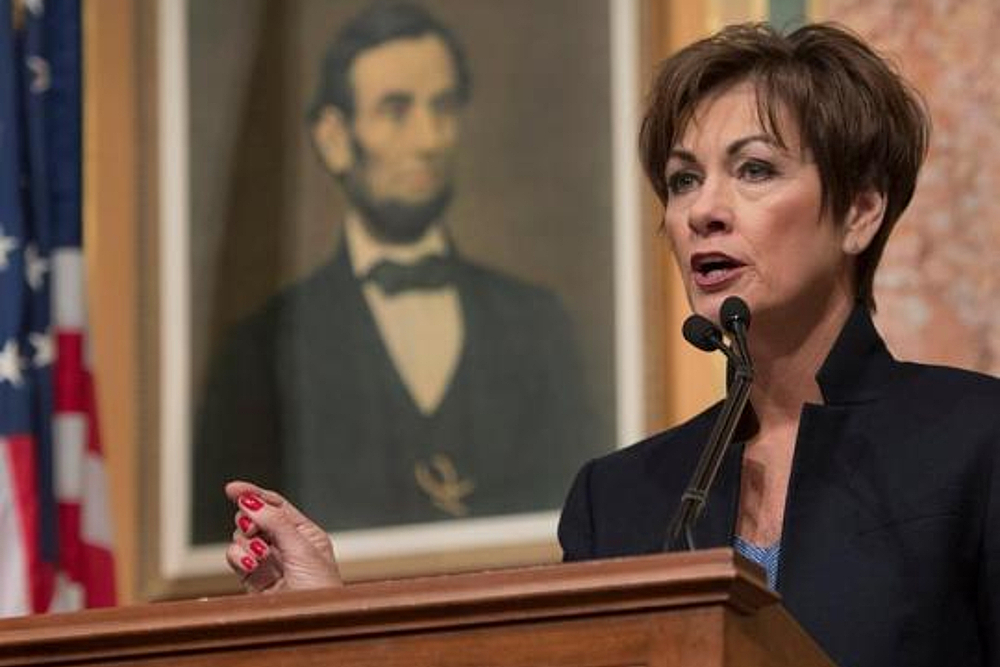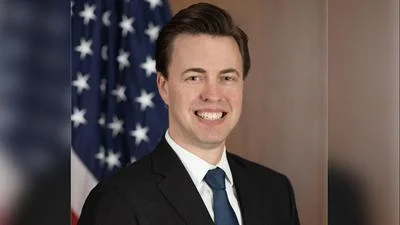Elections | Adobe Stock
Elections | Adobe Stock
Sweeping election law legislation pending in the U.S. Senate would federalize the nation’s elections, stripping the states of their constitutional authority to establish election laws and voting procedures. The legislation, H.R.1 approved by the U.S. House in March and the Senate version, S.1, would also supersede new voter integrity laws established by many states, including Iowa, in the wake of many of the voting practices ushered in during the pandemic.
A new Iowa law, signed by Gov. Kim Reynolds, a Republican, earlier this month, restricts third party collection of mail ballots, or ballot harvesting.
The legislation, SF 568, signed on June 9 makes amendments to an election reform bill, SF 413, she signed in March. The earlier version of the law makes it a felony for election officials to fail to carry out state election laws, or to violate guidance on the elections from the Iowa Secretary of State.

Iowa Gov. Kim Reynolds
| Office of the Governor of Iowa
“It’s our duty and responsibility to protect the integrity of every election,” Reynolds said in a statement after signing the legislation in March.
In the November 2020 elections, anyone designated by a voter could deliver the ballot on the voter's behalf, the Des Moines Register reported. This practice is an open invitation to fraud, critics say.
Ballot harvesting, according to the Civitas Institute, poses a threat to election integrity because ballot harvesters can toss ballots from voters if harvesters believe they voted for the “wrong” candidate. Harvesters can also alter ballots or fill in blank ones.
In addition, a 2005 report from the bipartisan Commission of Federal Election Reform, headed by former President Jimmy Carter, found that “absentee ballots remain the largest source of voter fraud."
Under H.R.1 and S.1, the federal government would permanently expand mail-in voting, legalize ballot harvesting and scrap voter ID laws, according to the Committee on House Administration. The committee also contends that the changes enacted to the absentee voting process during the pandemic “created chaos, increased irregularities, and undermined public trust in our election process.”
Last week, Sen. Joe Manchin (R-WV) said that he was a “no” vote on S.1 in its current form, and opposes ending, or altering, the filibuster, which is helping to keep the legislation bottled up in a Senate split 50-50.
According to the Honest Elections Project, 66% of voters support increasing protections on absentee voting, including a voter ID requirement to vote absentee.




 Alerts Sign-up
Alerts Sign-up